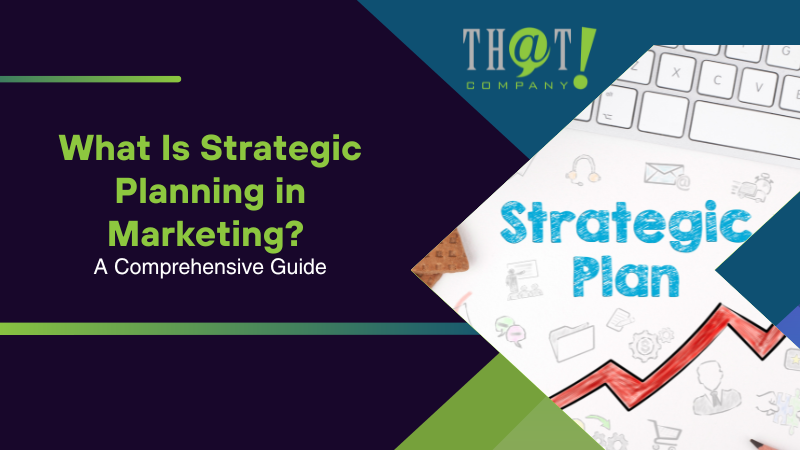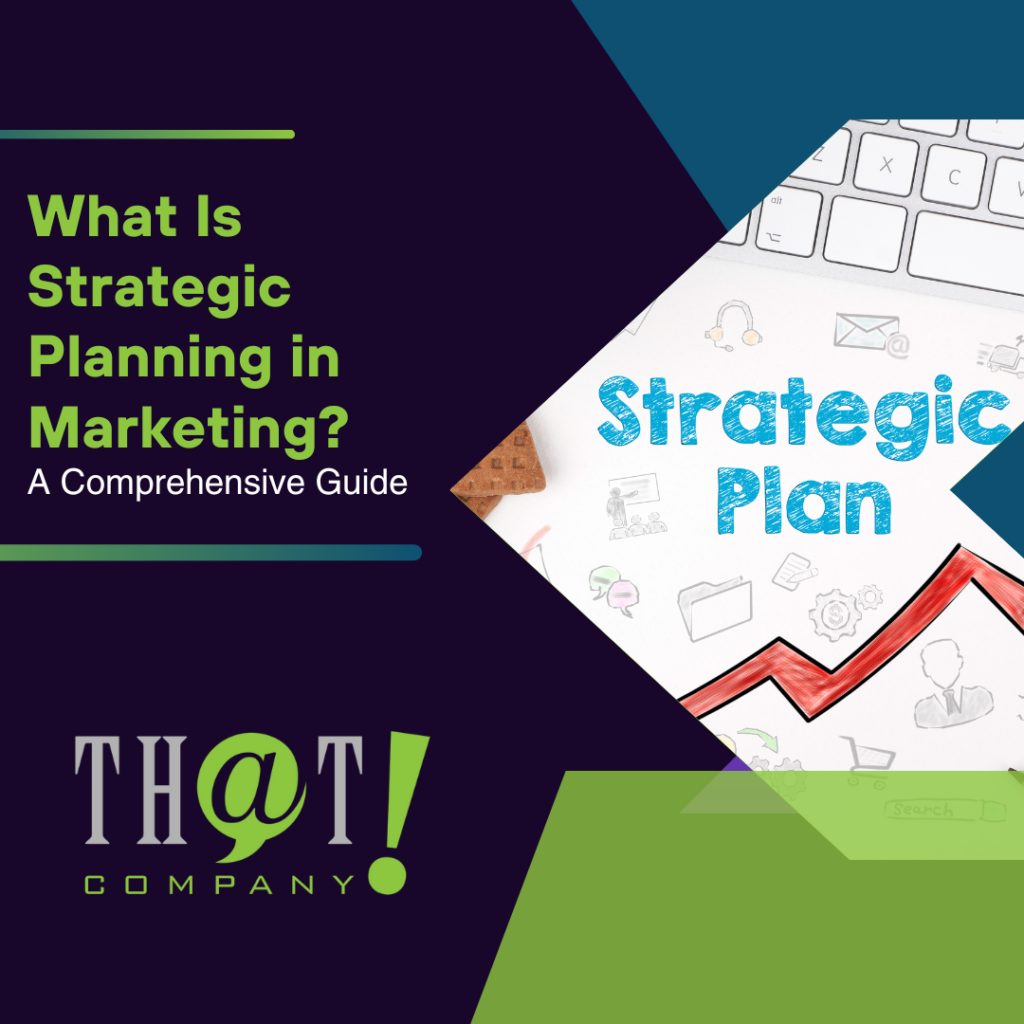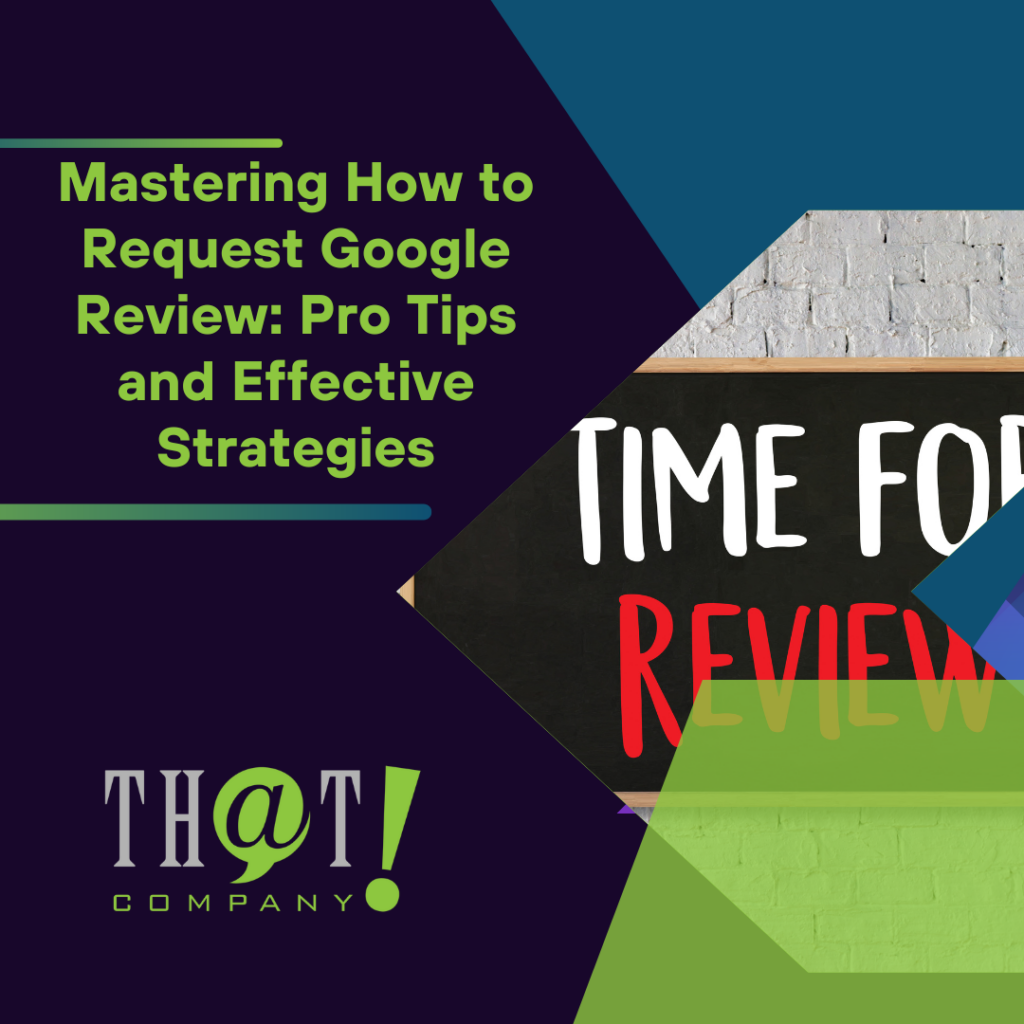
Strategic planning in marketing is the process of aligning marketing efforts with business goals to achieve long-term success. It provides a structured approach that ensures every marketing action supports the overall business strategy. In this article, you’ll learn about “what is strategic planning in marketing,” including the key components, benefits, and steps involved in creating an effective strategic marketing plan.
Key Takeaways
- Strategic planning in marketing aligns marketing efforts with business goals, creating a cohesive roadmap for sustainable growth.
- Key components of a strategic marketing plan include a mission statement, SWOT analysis, well-defined marketing mix, and integrated communications strategy.
- Effective implementation and monitoring of the marketing plan are crucial for achieving objectives, with regular evaluations using key performance indicators to refine strategies.

Understanding Strategic Planning in Marketing
Strategic planning in marketing helps companies navigate challenges and achieve long-term success by aligning marketing efforts with business goals. This structured approach ensures every action supports the overall business strategy, creating a cohesive plan that drives marketing activities towards specific objectives and contributes to the company’s growth.
A strategic marketing plan serves as a roadmap, outlining marketing strategies, target audience, and goals to provide clear direction for the marketing team. Evaluating the company’s goals and identifying effective growth methods enables businesses to create actionable and results-oriented marketing strategy outlines and strategic plans.
The planning process includes evaluating the company’s current position, understanding market trends, and developing a marketing strategy that aligns with the company’s mission and vision. This approach helps achieve marketing objectives while ensuring efforts are sustainable and adaptable to changing market conditions.

Key Components of a Strategic Marketing Plan
The foundation of a successful strategic marketing plan lies in its key components. A mission statement summarizes the company’s purpose and provides direction for all marketing activities. When combined with a vision statement that explains how to achieve this purpose, these elements set the stage for strategic planning. In the context of white label SEO marketing, businesses can leverage these guiding principles to align their SEO strategies with their overall brand objectives, ensuring consistency and long-term success.
A thorough SWOT analysis helps assess the company’s market position relative to competitors. This analysis, combined with a situation analysis, provides insights into the brand’s current state and competitive landscape. Company objectives, set yearly or quarterly, should align with the marketing strategies to ensure a focused approach towards achieving business goals.
A well-defined marketing mix, encompassing:
- Product
- Price
- Place
- Promotion
is crucial for a cohesive strategic marketing plan that considers both internal and external environments.
An integrated communications strategy combines rational and emotional factors relevant to the audience, guiding marketing strategies and ensuring a consistent brand message.
Additionally, a creative brief outlines key elements of marketing initiatives, aiding in the execution of action plans.

Key Benefits of Using That! Company’s White Label Internet Marketing Services
That! Company’s white label digital marketing services enable agencies to expand their offerings without high hiring or equipment costs. This approach enhances client retention, generates new revenue streams, and maintains lower overhead costs.
Agencies can leverage the expertise of That! Company to deliver high-quality marketing strategies without the need for extensive in-house training. This support ensures consistent service delivery and improved client satisfaction, fostering long-term relationships.
Partnering with That! Company allows agencies to focus on their core competencies while providing top-notch marketing services under their own brand.

Benefits of Strategic Marketing Planning
Strategic marketing planning aligns marketing efforts with overall business goals, enabling informed decision-making and maximizing return on investment. Focusing on profitable ventures and eliminating unnecessary initiatives allows businesses to optimize marketing resources, ensuring every dollar spent contributes to strategic objectives. Incorporating white label branding into this strategy allows companies to offer customized marketing solutions under their own brand, enhancing credibility and expanding service offerings without the need for in-house development.
A coherent marketing strategy maintains a consistent brand message, crucial for building a strong competitive advantage. This consistency strengthens the brand’s position, enhances customer loyalty and trust, and drives long-term success.

Steps to Develop a Strategic Marketing Plan
Developing a strategic marketing plan involves several critical steps for achieving marketing objectives. The first step is to assemble a dedicated team responsible for gathering information, guiding plan development, and overseeing strategy execution.
Conducting thorough market research is the next step, providing valuable insights for shaping strategic decisions like product development and competitive pricing. A clear market understanding allows businesses to define clear, measurable marketing objectives outlining specific activities to achieve these goals.
Finally, developing marketing strategies that align with business objectives ensures a structured approach considering the target audience and available channels, crucial for driving results.
Conduct Market Research
Market research helps understand the competitive landscape and identify customer needs. Gathering data on market trends, customer attitudes, and competitor actions enables businesses to make informed strategic decisions, identify growth opportunities, and differentiate from competitors.
Understanding the target audience is essential for effective marketing. Strategic planning aids in identifying and reaching these segments, ensuring that marketing efforts are focused on the right audience. This targeted approach increases the likelihood of successful marketing campaigns and enhances overall marketing performance.
Define Marketing Objectives
Developing company’s marketing objectives that support overarching business goals is critical in strategic marketing planning. Objectives should be defined yearly, with new ones set each year to ensure continuous progress.
The SMART criteria—specific, measurable, achievable, relevant, and time-bound—are essential for establishing effective marketing goals. Establishing measurable goals facilitates the execution of marketing strategies and effective progress tracking.
Develop Marketing Strategies
Effective marketing strategies should address the goals and needs of the target audience. Marketing tactics must meet customer needs and wants, ensuring the message resonates with them.
Several successful campaigns, such as Dove’s Real Beauty Campaign and Nike’s ‘Just Do It’ campaign, illustrate the power of well-crafted marketing strategies. These campaigns focused on authentic representations, motivational messaging, and emotional connections, which significantly enhanced brand engagement and loyalty.

Implementing Your Strategic Marketing Plan
Implementing a strategic marketing plan requires careful planning and resource allocation. A clear implementation schedule outlines task execution, responsibilities, and associated costs, aiding in tracking progress and ensuring alignment with the strategic plan.
Involving staff early in the marketing process is crucial for gaining their support and ensuring success. Cross-department collaboration enhances alignment and execution, ensuring all teams work towards the same goals. Repeatedly implementing and adapting the marketing plan over time is important to achieve the marketing strategy.
Close monitoring and alignment with resources and initiatives are essential for the effective execution of a marketing strategy. Pipeline management tools can help align marketing efforts with customer relationship management systems, ensuring better lead tracking and overall marketing performance.

Monitoring and Evaluating Marketing Performance
Consistent assessment of marketing performance ensures alignment with strategic goals. Regularly reviewing and evaluating the marketing plan helps make necessary adjustments based on performance metrics. A marketing audit reviews past activities to evaluate effectiveness, providing insights into what works and what doesn’t.
Key performance indicators (KPIs) are crucial for evaluating marketing success. These include metrics like website traffic, conversion rates, sales revenue, and customer feedback. Website traffic serves as a critical KPI for measuring brand awareness, while customer acquisition cost (CAC) assesses the expense related to gaining new customers. Return on investment (ROI) helps determine the profitability of marketing campaigns by comparing costs to generated revenue.
Effective monitoring of KPIs reveals strengths and weaknesses in marketing strategies. Reporting and analytics tools are crucial for evaluating effectiveness and understanding revenue drivers, helping businesses make data-driven decisions and continuously refine their strategies.

Overcoming Common Challenges in Strategic Marketing Planning
Common challenges in strategic marketing planning include:
- Misalignment between planning and execution, leading to wasted time and unmet objectives
- Market fluctuations and changing consumer preferences that can disrupt strategies, requiring quick adaptations
- Limited resources, such as budget and personnel, that can hinder execution
To overcome these challenges, businesses should maintain flexibility in their strategies and continuously adapt to market changes. Leveraging technological advancements helps marketers stay competitive and innovative. Additionally, fostering a culture of collaboration and open communication enhances alignment between planning and execution.

Case Studies: Successful Strategic Marketing Plans
That! Company provides fully managed internet marketing services, allowing agencies to scale their offerings without the need for additional in-house staff or training. By delivering full-spectrum internet marketing services, including search engine optimization, pay-per-click advertising, social media management, and reputation management, That! Company ensures clients achieve maximum online visibility and engagement.
Clients receive detailed, branded reports with key performance metrics, helping agencies showcase campaign results and build long-term client trust. Agencies can offer That! Company’s expert services under their own brand, maintaining full client ownership while delivering high-quality digital marketing solutions.
This approach has proven successful for many clients, enhancing their market presence and achieving strategic goals.

Tools and Resources for Strategic Marketing Planning
A planning template is a valuable tool for mapping out a strategic plan and tracking progress. Typical components of a planning template include company vision, mission statements, competitive analyses, SWOT assessments, and relevant KPIs. Resource centers for marketing often include guides, case studies, and research reports to support planning efforts.
Tools like Canva provide thousands of customizable templates for marketing materials, making it easier to create professional designs. Reporting and analytics tools help identify revenue drivers and guide strategic decisions.
These resources are essential for effective strategic marketing planning and execution.

Summary
In summary, strategic marketing planning is crucial for aligning marketing efforts with business goals, optimizing resources, and achieving long-term success. By following a structured approach, businesses can develop effective marketing strategies, implement them successfully, and continuously monitor and refine their performance. Embracing strategic marketing planning can transform marketing efforts and drive significant growth.

Frequently Asked Questions
What is strategic planning in marketing?
Strategic planning in marketing ensures that marketing efforts align with overall business goals, creating a cohesive roadmap to achieve specific objectives effectively. This structured approach drives targeted marketing activities that foster business growth.
What are the key components of a strategic marketing plan?
A strategic marketing plan should include mission and vision statements, a SWOT analysis, company objectives, the marketing mix, and an integrated communications strategy to effectively guide your marketing efforts. Focusing on these components will enhance alignment and drive success.
How can That! Company’s white label services benefit agencies?
That! Company’s white label services enable agencies to broaden their service range, improve client retention, and create additional revenue opportunities, all while minimizing the expense of hiring or investing in equipment.
Why is market research important in developing a strategic marketing plan?
Market research is essential for developing a strategic marketing plan as it offers critical insights into customer preferences and competitive dynamics, enabling businesses to make informed decisions that drive success.
What tools are useful for strategic marketing planning?
For effective strategic marketing planning, utilize tools such as strategic planning templates, Canva for design, and reporting/analytics tools to assess marketing performance. These resources will help you develop comprehensive and impactful strategies.

























